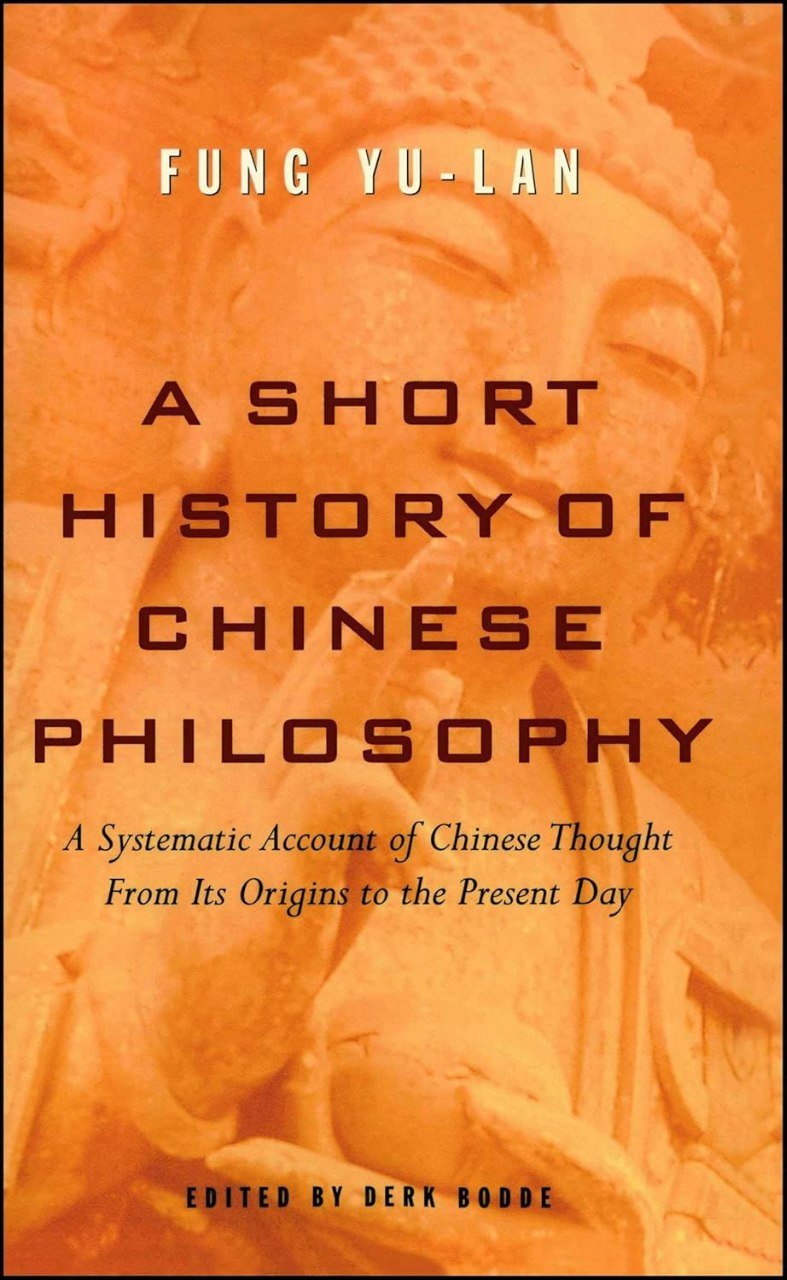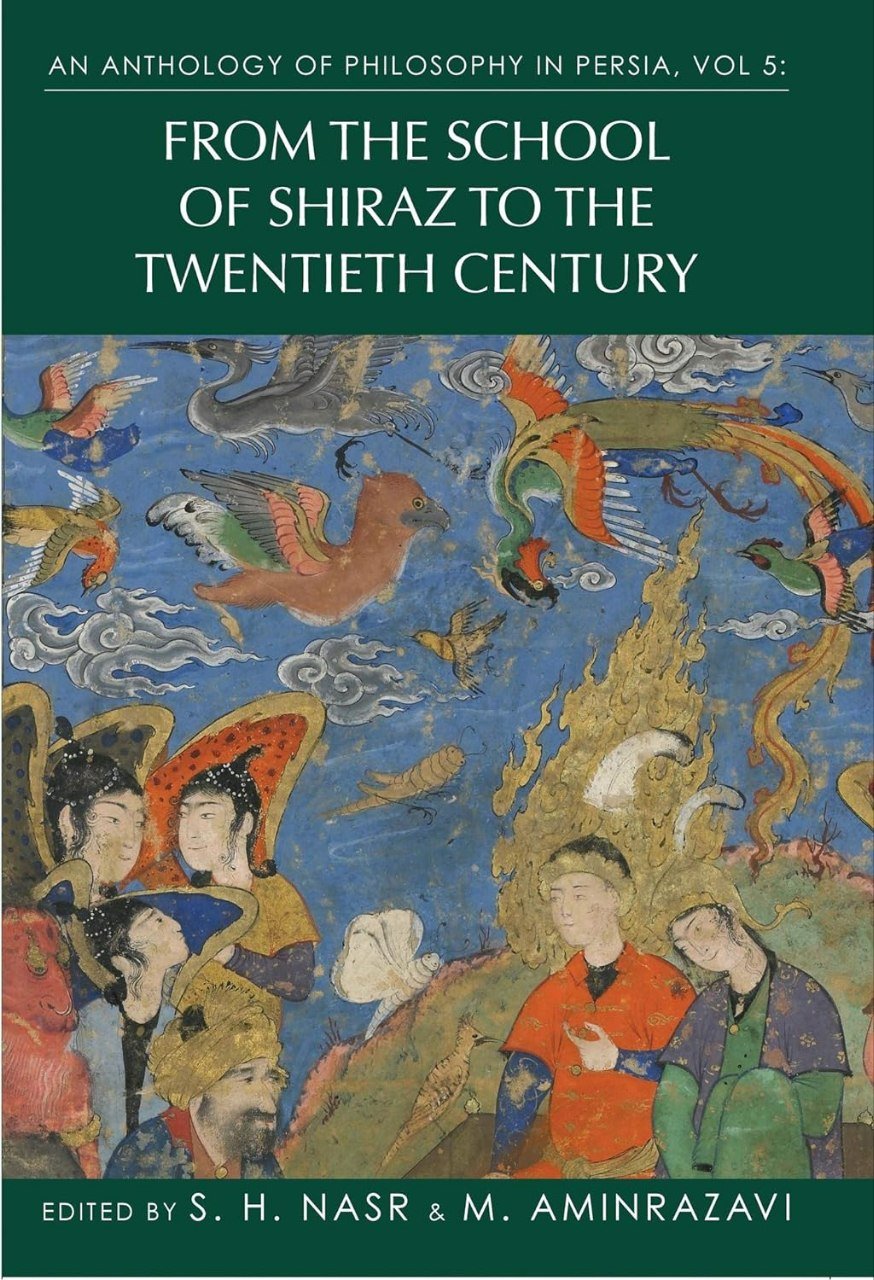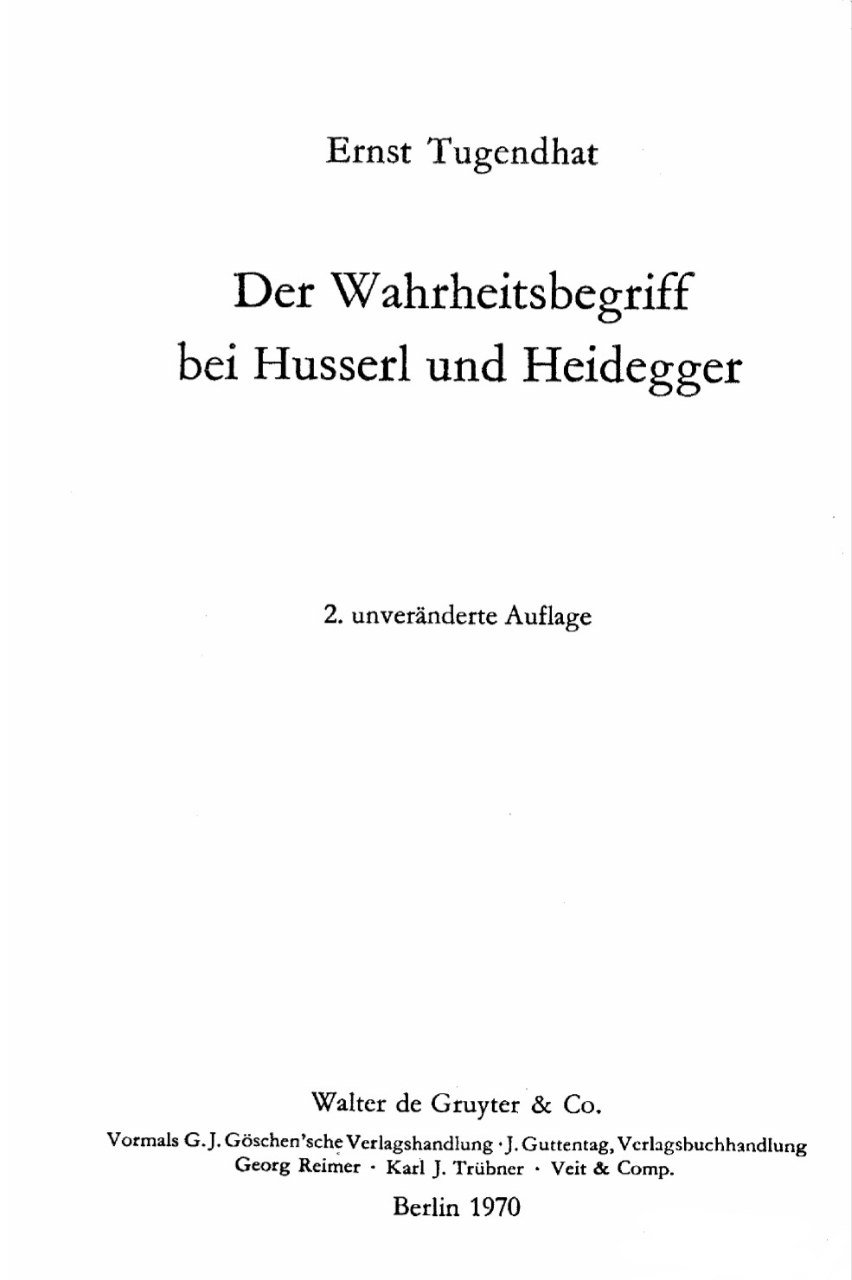

Béla Tarr, the Time After by Jacques Rancière
Reviews
No review yet. Be the first to review this book!
Description
Béla Tarr, the Time After by Jacques Rancière is an in-depth philosophical examination of the Hungarian filmmaker Béla Tarr’s cinematic style, themes, and artistic vision. Rancière explores how Tarr’s films challenge conventional storytelling by presenting a unique sense of time, space, and human existence. The book delves into Tarr’s signature long takes, slow pacing, and bleak landscapes, emphasizing how his films resist traditional narrative structures and instead create an experience where time is felt rather than merely represented. Rancière argues that Tarr’s cinema operates in a world where history seems to have stalled, depicting a universe in which human struggle unfolds against the backdrop of decay and existential exhaustion. Through an analysis of films such as Satantango, Werckmeister Harmonies, and The Turin Horse, Rancière highlights how Tarr’s work confronts themes of oppression, despair, and the search for meaning. He situates Tarr within a broader philosophical and political framework, suggesting that his films capture the remnants of utopian dreams in a world that has lost its illusions. This book is an essential read for those interested in film theory, philosophy, and the artistic impact of Béla Tarr’s uncompromising vision.
























.png)






.jpeg)

.jpg)





.jpg)
.jpg)






.jpg)


.jpg)

.jpeg)
.jpeg)






.jpg)



















.jpeg)



.jpeg)


.jpg)

.jpg)

















































